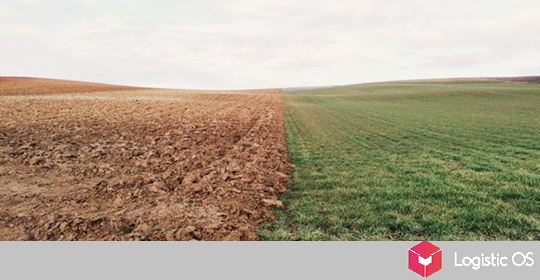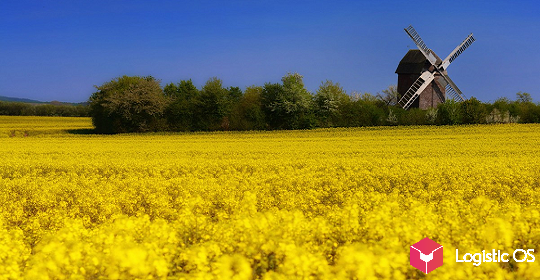The profitability of growing sunflower, soybeans and other oilseeds is usually high: 50-100% versus 40-100% for wheat.
But new government measures can greatly reduce it.
The Ministry of Agriculture plans to introduce quotas for the import of seeds of many agricultural crops to Russia from next year.
This applies in particular to wheat and rye, potatoes, barley and corn, sunflower and soybeans, rapeseed and sugar beet.
At the same time, Russia is self-sufficient to the full extent today only with wheat and barley, for everything else it remains highly dependent on imports.
For example, it reaches 75% for sunflower (only 25% of the area is sown with Russian-made seeds), 50% for corn, and 35% for soybeans.
The problem is that this year, due to Western sanctions, many suppliers have left the Russian market or are planning to do so — Syngenta, Bayer, BASF, Nuseed, Corteva.
In this situation, Russia decided to play ahead of the curve and independently replace imported products with its own.
The Ministry of Agriculture suggests that the introduction of import restrictions will accelerate import substitution. However, according to experts, the industry still needs funding.
For example, it would be a good idea to repeal the government decree, according to which agricultural companies are exempted from paying royalties to seed breeders.
What can quotas lead to?
The oil and fat industry fears negative consequences, since such restrictions can lead to an increase in prices for seed material.
And this is dangerous, since the cost of seeds and agrochemicals can reach 30% of the total cost of growing the same sunflower.
At the same time, the authorities do not forget to «pressure from the other side» — through the export duty, which forces a significant part of the manufactured products to be sold domestically.
Therefore, if the cost price increases, it is not at all a fact that it will be possible to raise prices for its own customers.
Today they are already falling: for example, at the end of last year, a ton of sunflower seeds cost about 25 thousand rubles, which is significantly less than the average annual value of 34 thousand.
All this may lead to the fact that the areas under sunflower at best will not increase, and may even decrease, says Alexander Korbut, Vice President of the Russian Grain Union.
Perhaps, an alternative to a sharp restriction on seed imports could be the conclusion of new contracts with the remaining suppliers: for example, they would import not only hybrids, but also parental forms of plants to the Russian Federation, and also create joint ventures with Russian companies.

